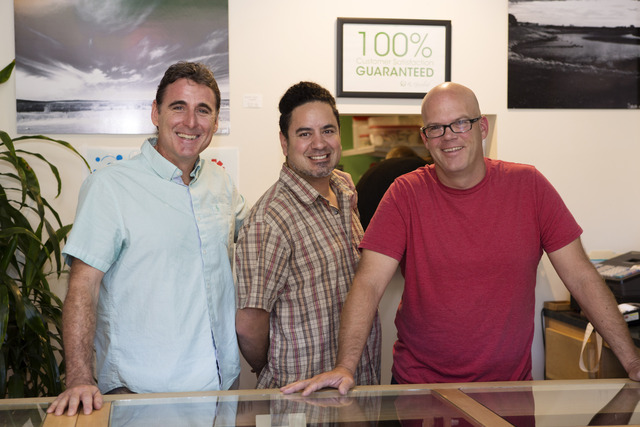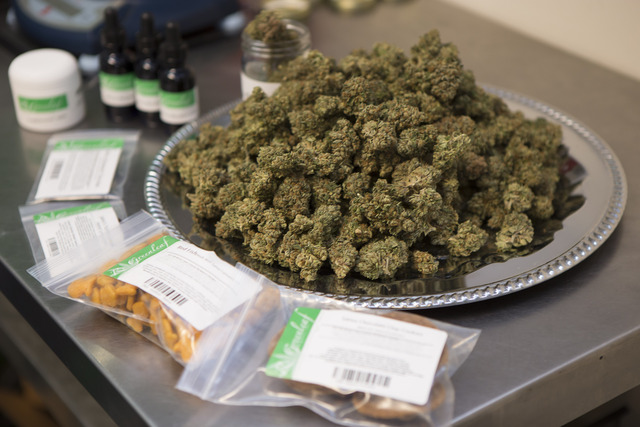A Dummies Guide To Medical Marijuana
Understanding New Mexico’s Medical Cannabis Law


Various forms of medical cannabis.
Eric Williams ericwphoto.com
Latest Article|September 3, 2020|Free
::Making Grown Men Cry Since 1992


Various forms of medical cannabis.
Eric Williams ericwphoto.com
